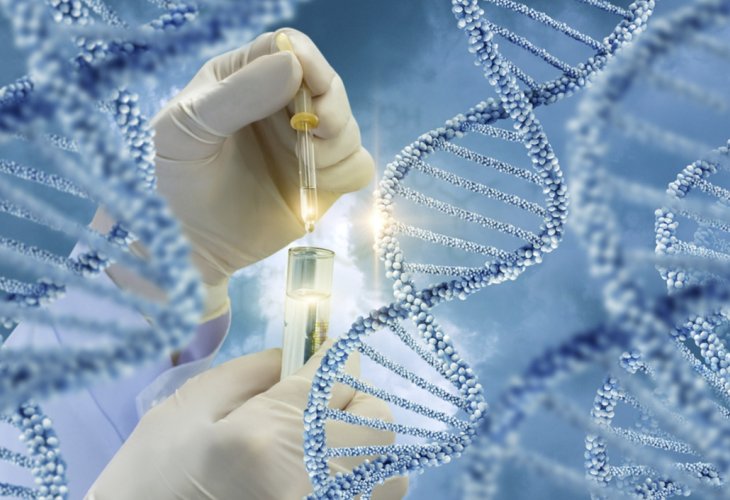Should Sephardic Jews Also Get Genetic Testing Before Marriage?
While genetic diseases are often associated with Ashkenazi Jews, close kin marriages can lead to genetic diseases among all Jewish communities. An important piece to consider.
 (Photo: shutterstock)
(Photo: shutterstock)In Sephardic communities, it was once common to marry within the family. The Talmud (Yevamot 62b) praises a man who marries his niece, about whom it is written, "Then you will call, and Hashem will answer; you will cry for help, and He will say: Here I am." However, with advances in science and technology, it has been definitively proven that marriages between close relatives increase the risk of genetic diseases in offspring.
This is because the genetic material (DNA) of related spouses is identical since they are descendants of the same ancestor. If an ancestral father carried a gene for a severe disease (mutation), both partners can inherit this carrier status, potentially resulting in a child with a severe disease, because both parents are carriers of the same mutation.
Even if both partners are carriers of the same disease, it does not necessarily result in sick children, but it increases the risk. There is a 25% chance of having a sick child, a 50% chance of having a healthy child who is a carrier of the mutation, and a 25% chance of having a healthy child who is not a carrier.
The further the family relationship, the less likely the DNA is identical. Conversely, the closer the family tie, such as first cousins or uncle and niece, the higher the risk of hereditary diseases in offspring. While carrier status itself is not a disease, early detection of carrier status in one of the partners is a first step towards identifying whether the other partner might also be a carrier. The goal of pre-marital genetic screening is to prevent the birth of children with diseases, which can occur when both partners are carriers of the same disease.
Even marriages within the same ethnic group carry more risk than those between partners of different ethnic backgrounds because the founders of these families might have carried the same mutation. If one partner is of Sephardic origin and the other is Ashkenazi, the concern for having an unhealthy child is minimal. However, some hereditary diseases are not ethnically specific, as ultimately "we are all descendants of one father."
A genetic mutation can be passed down through the family tree for generations without manifesting if only one spouse is a carrier, not both. In fact, data shows that most couples who have children with genetic diseases had no similar family history.
It is often thought that Ashkenazi Jews have more genetic diseases than Sephardic Jews. This might be because for many generations Sephardic Jews married within the family without resulting in hereditary diseases. However, it has now been undeniably proven that there are specific diseases within Sephardic, North African, Balkan, and Yemeni communities. Especially if there is a family history of a sick relative, the risk is greater.
Recommendation
It is recommended to avoid marrying relatives. If the couple decides to marry, expansive genetic screenings can be offered to both partners to identify shared carrier status. While not 100% certain, these tests can significantly reduce the risk associated with marrying relatives.
Regarding genetic diseases associated with ethnic and inter-ethnic backgrounds, prominent leaders, headed by the illustrious Maran Hagaon Rav Ovadia Yosef of blessed memory, have called for increased awareness and the importance of genetic testing.
Therefore, it is appropriate and advisable for Sephardic and Moroccan individuals to undergo genetic testing, especially since there are incurable diseases prevalent in Sephardic, Moroccan, and Balkan communities. This contributes to the next generation's health by bringing healthy children into the world, thereby enhancing family unity and stability.
Finally, in the Parsha "Tazria," which discusses the impurity of childbirth, the Torah writes the commandment of circumcision: "On the eighth day, the flesh of his foreskin shall be circumcised." The Ohr Hachaim wonders what the relevance of the commandment of circumcision is to the birth mother. After all, it is the circumcised child's commandment, and how is this connected to the mother?
One could say the Torah emphasizes that the mother, as a parent, has the duty to ensure healthy offspring are brought into the world so that these descendants are worthy of entering a covenant with Hashem on the eighth day, and as they grow, fulfill their spiritual roles.
Rabbi Gabriel Toledano is a rabbi at Zer Laboratories. gabriel@zerlaboratories.com

